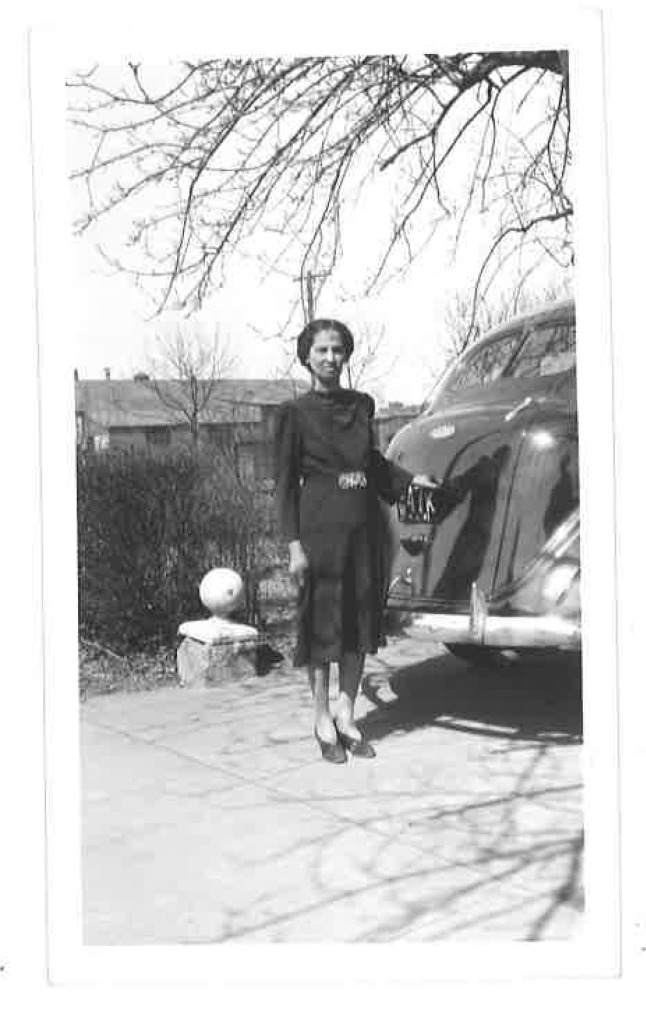(Note: This is the third essay in a series on “Race and Racism in America.” It was originally published by the Newport Daily News on March 2, 2022.)
In my 23-year teaching career at Portsmouth Abbey School, coming after my Army career, I not only educated students of numerous “races” and nationalities, I also served as the International Student Advisor, increasing my interaction with them. The school has been historically strong with Latino/a students since its founding in 1926. When I taught there (1992-2015), the number of Korean students surged followed by the Chinese. In my 20 years as their advisor, I recall that between 12% and 22% of the student population was international coming from 12 to 18 countries.
Portsmouth Abbey School is a boarding school. Therefore, I not only taught the students in the classroom, but also coached them on the fields and courts, ate with them, and tended them after dinner and on weekends.
My career at this school reinforced my experiences in the military. I came to know students of all colors, sizes, creeds, characters, and abilities: gifted and challenged, mature and immature, motivated and coasting, on track and astray.
To conclude this survey of my personal experiences, a look at race in my own family. I must have been home on leave from West Point when my close cousin, then in high school, told me she was going steady with a boy. I smiled. Then she said: “But he’s black.” “Oh, my goodness,” I said. Repeating the title of the famous movie, I said: “Ahh, ‘Guess Who’s Coming to Dinner.’” My cousin told me how troubled her parents—who happened to be my godparents—and our grandmother were. Eventually they were married, and a baby girl was born. That baby grew and now has her own child.
I barely came to know my maternal grandmother, as she always spoke Italian. On the other hand, my father’s parents had already passed when I was a child. No photos of them were on display in our home, and I remember only a few stories told about them. Gustave Zilian was born in Germany and had worked on the Panama Canal where my father was born. When I asked my father about his mother, Zenobia Dubois Zilian, he simply said: “She was from the island of Martinique.”
It was only in the last few years after joining an ancestry organization that I learned more about her from documents. Her parents were from Cuba and perhaps Jamaica. She was born in Panama and spoke Spanish originally. In the 1930 Census document, she, my father (19 years old at the time), and all his siblings were listed as “Negro.”
With this knowledge, I was not surprised when my DNA analysis revealed I am 12% African, and from the area sometimes referred to as the “slave coast”.
In discussions with my mother about my father’s parents, I came to learn that my grandfather did not treat my grandmother well. I wonder now if my grandfather, after coming to this country with his young family in 1918, came to resent marrying a “negro” and having five “negro” children. Before I was born, did my grandmother feel the sting of racism from my grandfather?
All the experiences I have related in these three essays help me to understand my affinity to African culture and my friendships with African Americans. However, as one of these friends cautioned me after learning of my African DNA, I should never equate this with having the “Black Experience.”
After all, because of the color of my skin, I have never heard the click of car doors locking as I walked by, had a security guard follow me around in a department store, been denied service at a restaurant, watched TV featuring only people who did not look like me, reached into a box of crayons and pulled out one marked “flesh” which did not match my skin color, felt compelled to demonstrate with a sign on my chest proclaiming: “I am a MAN.” I have never felt like a second class citizen or human being.
Also, while I had the sex talk as an adolescent, I never had “The Talk” about people calling me certain demeaning words and especially about what to do if stopped by a policeman, once I had a driver’s license. Ta-Nehisi Coates’ entire book, “Between the World and Me,” is essentially this “talk” to his son. My African American friend told me recently that not a day goes by that someone does not do something which reminds him of the color of his skin.
In short, though I have had many challenges in my life, I have never had to worry about the color of my skin.
Fred Zilian (zilianblog.com; Twitter: @FredZilian) is a retired educator and a regular columnist.

